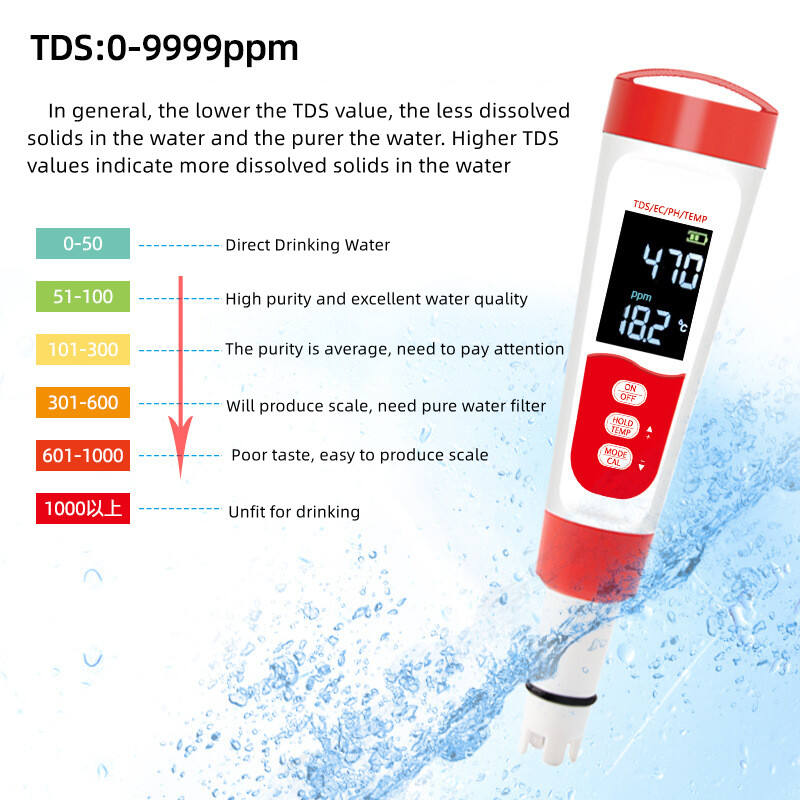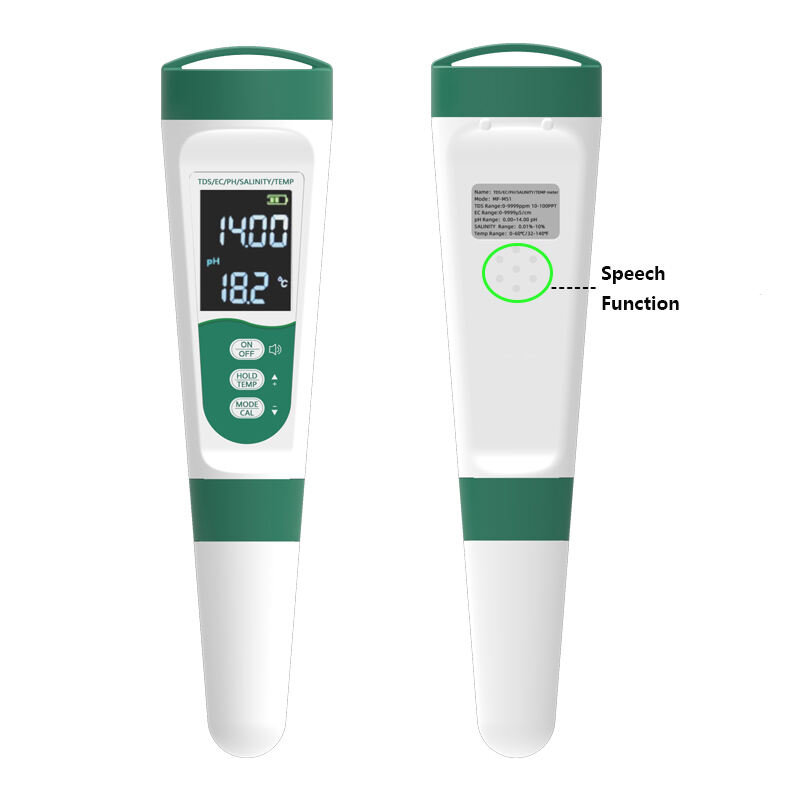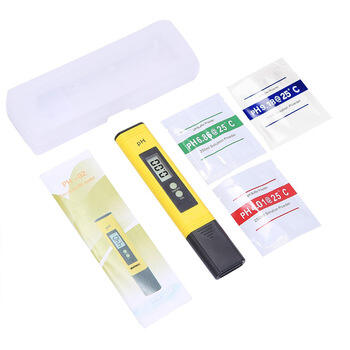direct soil ec meter
A direct soil EC meter is a sophisticated instrument designed for measuring the electrical conductivity of soil directly in the field. This innovative device provides immediate, accurate readings of soil salinity levels, which is crucial for agricultural management and soil health assessment. The meter features a durable probe that can be inserted directly into the soil, eliminating the need for time-consuming sample preparation or laboratory analysis. Operating on advanced conductivity measurement technology, it can detect the concentration of ionized salts in soil solution, providing readings in either microsiemens per centimeter (µS/cm) or millisemens per centimeter (mS/cm). The device typically includes temperature compensation functionality to ensure accurate readings regardless of soil temperature variations. Modern direct soil EC meters often come equipped with digital displays, data logging capabilities, and wireless connectivity options for seamless integration with farm management systems. These instruments are invaluable for precision agriculture, helping farmers optimize irrigation schedules, monitor nutrient levels, and prevent salt accumulation in their fields. The technology has evolved to include waterproof casings, extended battery life, and user-friendly interfaces, making it an essential tool for agricultural professionals, soil scientists, and environmental researchers.


